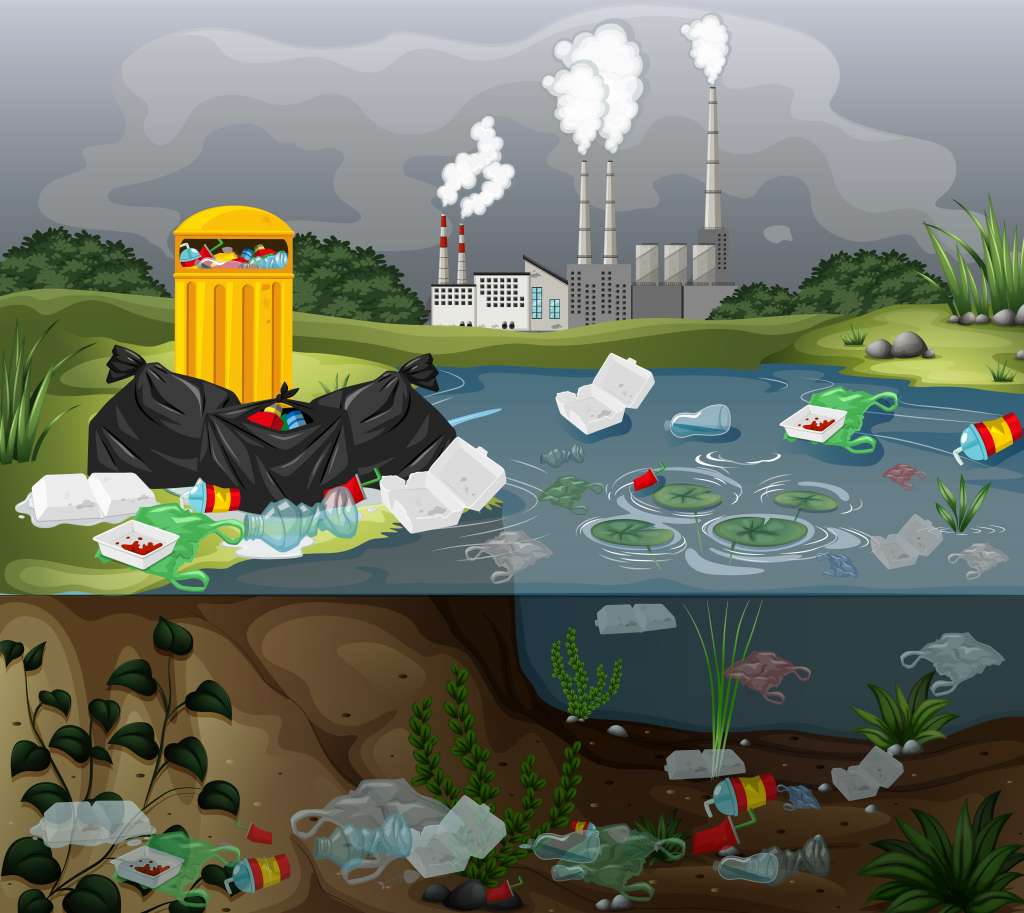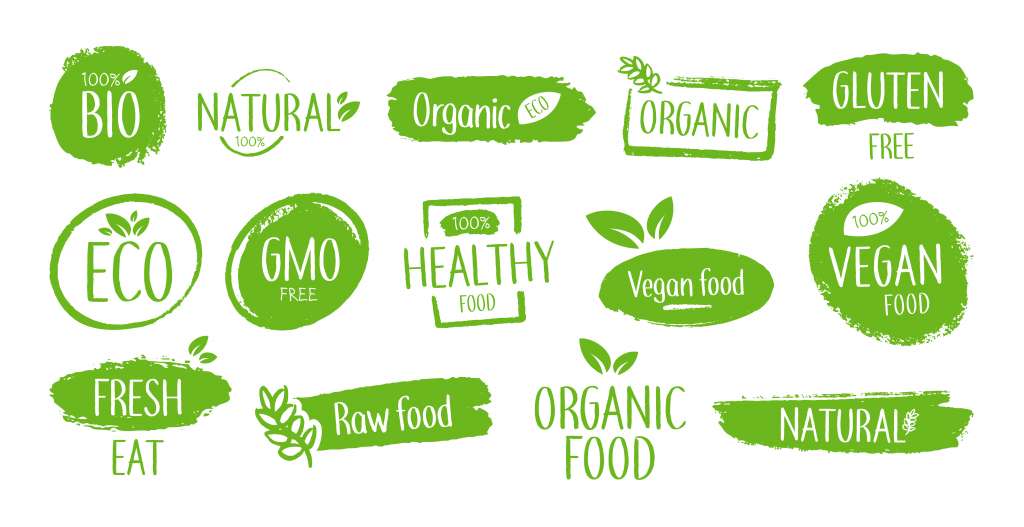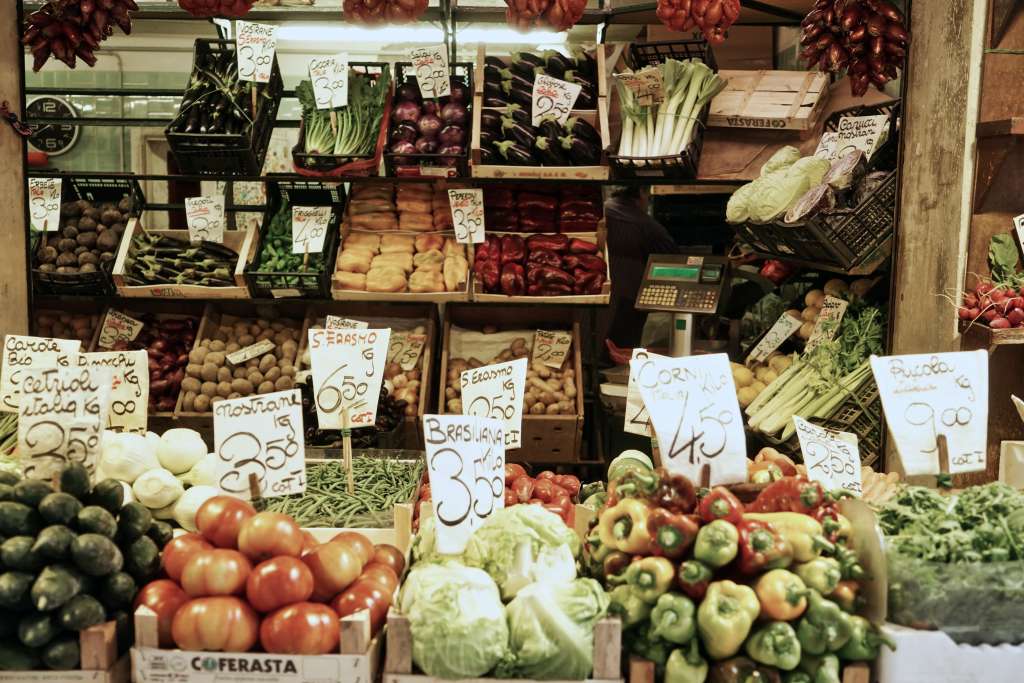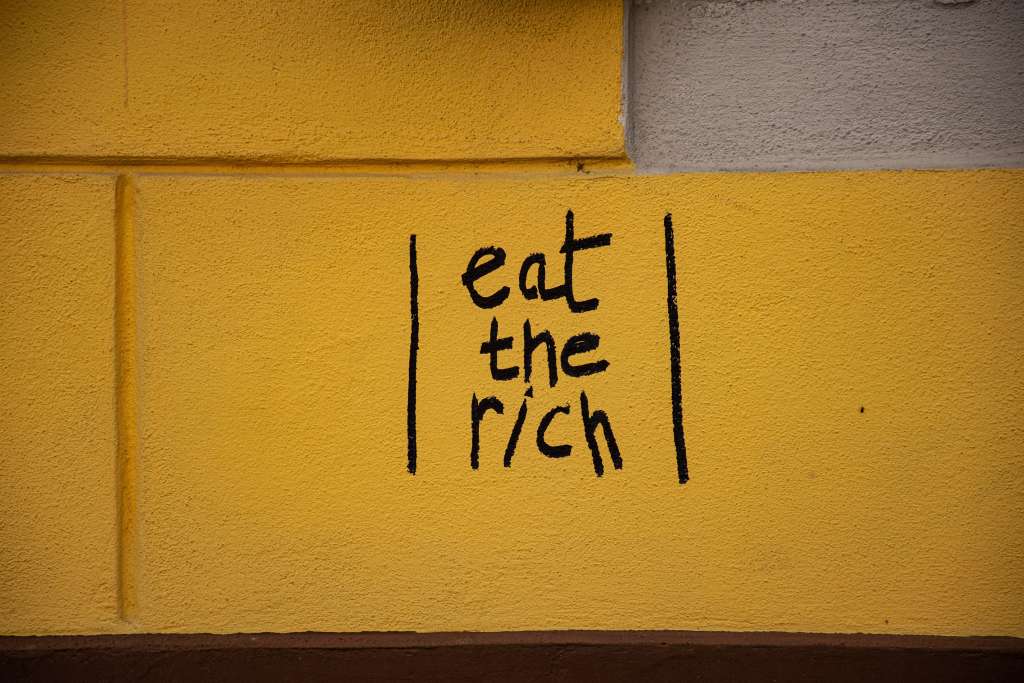Written by: Akif Aliyev
“It’s easier to imagine the end of the world than the end of capitalism.”
Mark Fisher, Capitalist Realism: Is There No Alternative? (2009)
The more you learn, the more it seems you don’t know. A phenomenon that is often associated with Aristotle, yet universally applicable. Today, it feels as if though the more conscious thought you give to the ethics of your living and consumption, the more unethical you seem to really be as the layers of privilege and bias unravel. Perhaps this is what deters most people from their journey to ethical living beyond a capitalist matrix, the inescapable feeling that in someway somehow, we all are accomplices in the gradual destruction of our planet. One too many times have I frustratingly felt like every time I breathe, a tree dies.

If you have shared this same sentiment or a form of it in the past, I think its high time someone told you that you’re not crazy. An optimistic glass half full attitude to ethical consumption is great until we realize that it is a near impossible reality, at least within the constraints of the systems we subscribe to today. That shouldn’t mean the end of the world though, right? It simply means that the time to turn a page on our economic framework is rapidly approaching.
My first moment of confused frustration had to have started with my grocery store receipts. A couple of late-night pixelated YouTube documentaries on mass consumerism were all it took for me to take a second look at what really goes into my basket, where it came from and what conditions it was produced in. As someone privileged enough to be able to purchase their own groceries, let alone even ponder on the thought of its ethicalness, I did not hesitate to make my next grocery trip as conscious as I possibly could. I explicitly aimed for all the pretty green labels of meadows and pastures, accompanied with cosy words of a guaranteed idyllic, almost utopian form of production, yet came to find myself hardly being able to pay and leave the grocery store. As a young conscious student with a flimsy bank account, it was checkmate once again for the single euro pot noodles and frozen fried goods.

Consistent ethical consumerism didn’t just seem inefficient, it hardly looked like a choice in the long run, not in my financial bracket at least. Keeping in mind that this is just one form of consumption I personally engage in, my mind was quick to analyze other aspects. What about my clothing? Entertainment? Transport? Is there an ethical way to fly across the world and see my family that I’m not getting? My list goes on and on, as I am sure yours does too.
The bottom line, ethical consumption is a luxurious and trendy capitalist lifestyle and a very heinous one at that. There is something particularly unnerving and dystopian about requiring strong financial stability to pursue your moral compass, at least when it comes to consumerism. It is almost as if your ethical devotion is entirely determined through your consumer buying power. If it seems like that, its because thats exactly what we have subscribed to, an economic system where the highest market morality is consumption by any means necessary.

In this dilemma, its too easy to point fingers at people not consuming ethically, whilst simultaneously forgetting to point the same fingers at the economic framework that makes it near impossible to do so for most of the human population. This dilemma becomes much more outrageous when recognizing how wealth is accrued through mass production. We have essentially turned to blame the very same people who keep the money machine rolling and the products reaching our shelves without questioning the corporations that milk them dry in squalor working conditions. Most, if not all of these workers are individuals who do not have the privilege to consume ethically, let alone even make ends meet from their indispensable service.
It’s all social justice and consciousness when a middle aged white woman in suburban California expresses her outrage with those who are not vegan, but contextuality is key. It is much more likely that this luxurious lifestyle is inaccessible rather than undesirable to most people. Realistically, who would willingly prefer to rather purchase a filet from a chicken that suffered from inconceivable trauma moments before death, or an avocado that required the destruction of an entire rainforest ecosystem to reach your piece of toast?

In this economic system of trade offs and the next best thing, hope shouldn’t be lost though. As mentioned by Matt Beard of The Guardian, the greatest deception at the very center of ethical consumption is the notion that you as an individual are at fault for not consuming ethically. Thats not true. The blame lies in a much larger economic framework that allows you to make consumption choices that – in the broader sense – “you simply shouldn’t be permitted to make” (Beard, 2020).
While it is true that most of us will frequently have to settle for practices we benefit from even if it might not align with our moral views, perhaps we could work on creating a near future in which this moral compensation becomes smaller and smaller. One cannot deny that industrialization and capitalism at root has brought us to a point of unimaginable development. A cooked meal of our choice can arrive at our doorstep with just a few phone taps, or we can head to our local market and purchase an exotic fruit that was once only accessible to a far off island community, but at what cost? Just as generations before us sought out a better world for their children to live in, we too must carry this fate and realign our economic system to mend the problems of todays world. New problems require new solutions, not old ones.
What do you think about the notion of Ethical Consumerism? Let’s discuss in the comments!
Sources:
- Beard, Matt. “The dilemma of ethical consumption: how much are your ethics worth to you?” The Guardian, 31 January 2020, https://www.theguardian.com/commentisfree/2020/feb/01/the-dilemma-of-ethical-consumption-how-much-are-your-ethics-worth-to-you
- Mark Fisher, Capitalist Realism: Is There No Alternative? (Winchester, UK: Zero Books, 2009).




Very interesting, great piece on the micro, macro, and meso implications of making eco-conscious consumption choices! I appreciated the fact that you expressed the (un) accessibility of eco-friendly products and what role a country’s economic organization surrounding consumption choices affect society, in little or big ways.